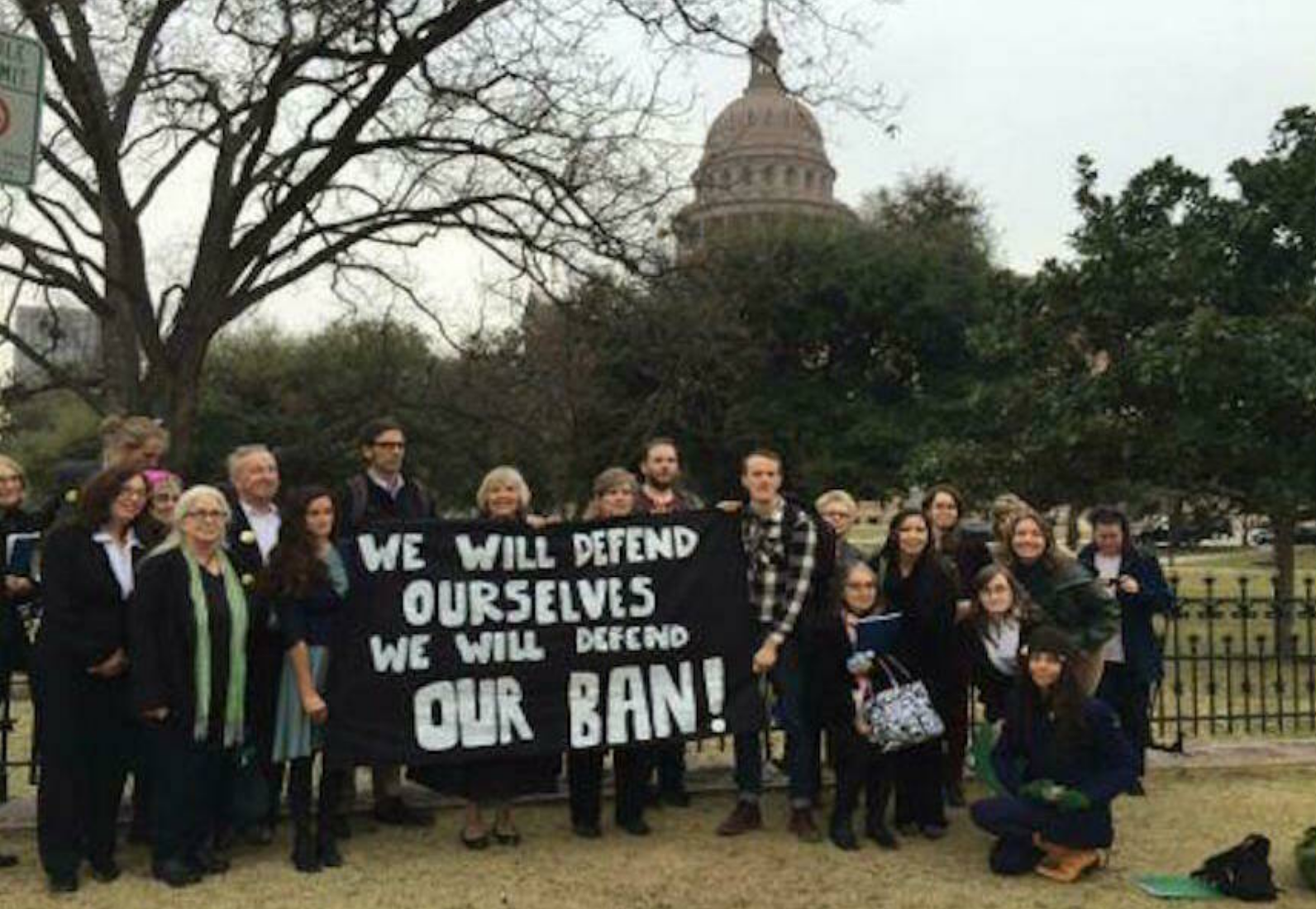With fracking part of the debate between presidential candidates, you might enjoy this article from the archives, published by In These Times August 20, 2015
But before you dive in, a little update on how Americans are feeling about fracking–according to a recent national YouGov survey, more Americans oppose fracking than support it (44% against, 35% for) and even in Pennsylvania the opposition is slightly more (44% to 41%).
The following article is by Thomas Linzey
Even as hydraulic fracturing (“fracking”) has spread rapidly in communities across the United States, there’s a sense that communities are gaining traction to stem this tide. But the reality on the ground — despite news headlines — says otherwise.
For example, in New York in 2014, the state’s highest court ruled that communities could use local zoning ordinances to ban hydraulic fracturing for shale gas. Six months earlier, the Pennsylvania Supreme Court overturned a state law that stripped zoning authority away from communities regarding the siting of gas wells. And in Kentucky, the state Supreme Court ruled that a pipeline corporation couldn’t use eminent domain authority to take private property for a pipeline carrying frack gas liquids through the state.
While on the surface it may look like the courts are finally beginning to fix the power imbalance between energy corporations and communities, the basic relationship between corporations and communities remains untouched by these rulings.
Fracking in New York
In New York, beginning several years ago, towns began adopting zoning ordinances that banned fracking as part of more expansive bans on heavy industrial activity. These ordinances were instituted to protect the rural character of those towns.
Several fracking corporations challenged the ordinances, asserting that the state had the exclusive right to regulate oil and gas drilling, and that the municipalities therefore lacked the authority to adopt the local laws. While the municipal courts and the State Court of Appeals both dismissed the corporate lawsuits, they did not, however, do so on the basis that the people of those towns possessed a right to protect themselves from fracking. Instead, the courts merely held that “banning” wasn’t the same thing as “regulating,” and that while the state legislature had prohibited additional oil and gas regulation, it hadn’t decided to explicitly prohibit municipalities from using zoning ordinances to ban fracking.
The truth is that the courts — as institutions that have expanded corporate power by creating both state preemption and corporate “rights” — are the least likely to reverse themselves on these issues. In other words, if we are looking to the courts to “save” us — through some silver bullet court case — we’ll be waiting a long time.
Rather, for community rights to become a reality, we must nullify and then overturn the legal doctrines that currently allow a relatively small number of people who control corporate decision making to override our communities.
Dispensing with any doubt about where the real power lay, in June 2014, New York’s Court of Appeals explicitly recognized the right of the state — at any time — to nullify the town zoning bans, declaring that “there is no dispute that the State Legislature has the right [to override local oil and gas laws] if it chooses to exercise it.”
Oil and gas drilling in Pennsylvania
In Pennsylvania, in an effort to clear the playing field for oil and gas corporations, the state legislature adopted Act 13 in 2012, which exempted oil and gas drilling from most municipal zoning laws. Several municipal governments filed suit against the state. The courts struck down portions of the state law — but not on the basis that people within Pennsylvania communities possess the right to protect their water and wellbeing. Rather, the courts found that existing state law had already bestowed authority on municipalities to adopt protective zoning laws — authority that the state’s passage of Act 13 interfered with.
Thus, in Pennsylvania, the courts did not find that people have the right to local, community self-government — and thus the power to protect their communities over the state power used to advance the interests of energy corporations — rather, as in New York, the court chose to sidestep the issue.
These courts — while assuming that the state has the unbridled authority to override any community laws — are left to examine the sole question of whether the state has explicitly wielded that power, and whether its use of that power conflicts with other state-granted authority…
See the rest of the article HERE.

